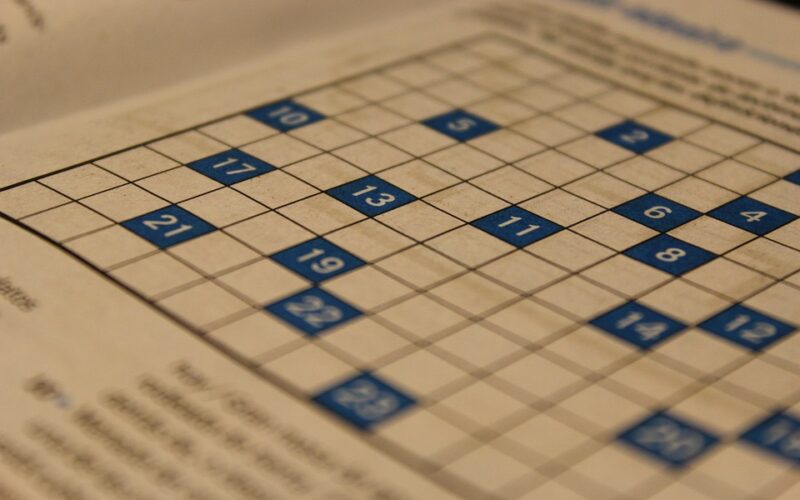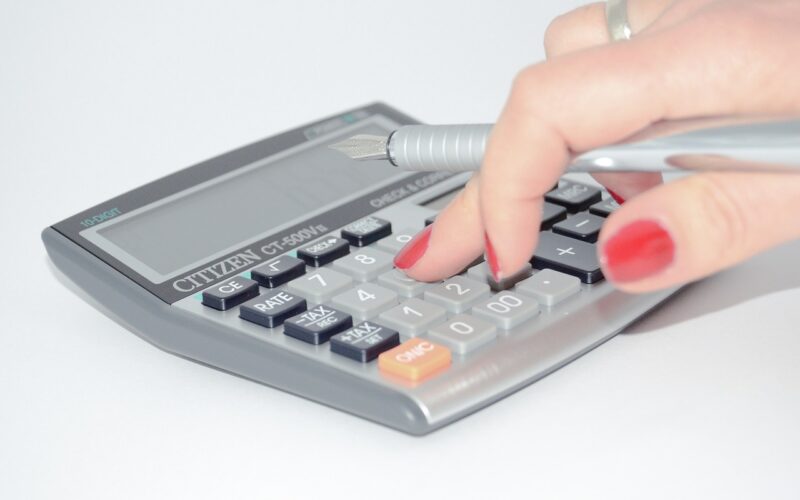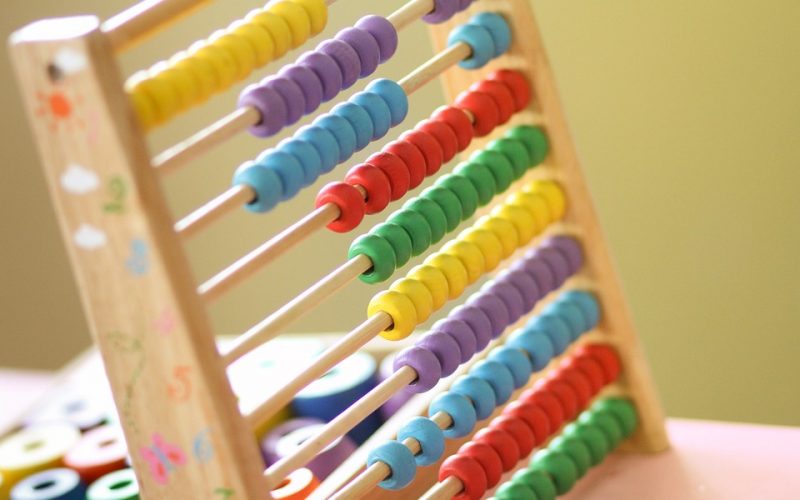Maths In Everyday Life
Mathematics is often perceived as an abstract subject confined to classrooms and textbooks. However, its use permeates every facet of our daily lives. From the mundane to the complex, maths plays a crucial role in problem-solving, decision-making, and understanding the world around us.
Managing personal finances
One of the most evident applications of maths is in managing personal finances. Whether you're budgeting for monthly expenses, calculating savings, or planning for future investments, mathematical principles are at play. Basic arithmetic helps in keeping track of income and expenditures. Understanding interest rates and compound interest is essential for making informed decisions about loans and savings accounts. By employing simple calculations, individuals can create budgets, forecast future financial needs, and ensure they are living within their means.
Cooking and baking
Cooking and baking provide another excellent example of how maths is embedded in everyday activities. Recipes often require precise measurements of ingredients, and following these instructions necessitates a good grasp of fractions and ratios. For instance, if a recipe calls for half a cup of sugar, knowing how to measure and divide quantities is crucial. Additionally, adjusting a recipe to serve more or fewer people involves proportional reasoning. This practical application of maths ensures that dishes are prepared correctly, resulting in delicious meals every time.
Home improvement projects
Home improvement projects, such as painting a room or building furniture, also rely heavily on mathematical concepts. Calculating the area of walls to determine the amount of paint needed or measuring dimensions for cutting materials requires an understanding of geometry and algebra. Accurate measurements are vital to ensure that materials fit together correctly, preventing wastage and ensuring the structural integrity of the project. By applying mathematical principles, DIY enthusiasts can tackle home improvement tasks with confidence and precision.
Shopping smart
Shopping, whether for groceries or larger items, involves several mathematical processes. Comparing prices, calculating discounts, and determining the best value for money all require basic arithmetic skills. For instance, understanding unit prices helps shoppers identify the most cost-effective option when faced with different packaging sizes. Additionally, estimating costs and keeping track of spending while shopping helps prevent overspending. Maths empowers consumers to make informed purchasing decisions, ultimately saving them money.
Travelling efficiently
Mathematics is also crucial when planning and navigating travel. Whether calculating distances, estimating travel times, or understanding fuel efficiency, maths is involved. GPS systems use algorithms based on geometry and trigonometry to provide accurate directions. Understanding time zones and converting currencies are additional examples of how maths facilitates smooth travel experiences. By applying mathematical reasoning, travellers can optimise their routes, manage their budgets, and make the most of their journeys.
Workplace productivity
In the workplace, maths is indispensable across various professions. Engineers use calculus and differential equations to design structures and solve complex problems. Financial analysts rely on statistical methods to interpret data and make predictions. Even in creative fields like graphic design or architecture, geometry and spatial reasoning are fundamental. Proficiency in maths enhances problem-solving abilities, critical thinking, and analytical skills, making individuals more effective and efficient in their professional roles.
Mathematics is not confined to academic settings but is an integral part of everyday life. From managing finances and cooking to home improvement and travel, maths is a powerful tool that enables us to make informed decisions, solve problems, and understand the world around us. By recognising the pervasive nature of maths in daily activities, we can appreciate its value and encourage its practical application. Maths is not just a subject; it is a life skill that empowers us to navigate the complexities of the modern world with confidence and precision.






